
By Maya Mackey, Inglewood Today
From – https://blackpressusa.com/
Reprinted – by Texas Metro News
Almost two weeks removed from Black History Month, I find myself pondering what Black Culture is, in modern times. There’s a running joke on X/Twitter that “we are losing recipes!” whenever young Black people (Gen Z) don’t know a Black classic, like a movie, song or “rule.”
And while we mean no harm in teasing our younger kinfolk (cause you know, we’re all cousins), it does beg the question: Why are we losing recipes? And what recipes do we even want to keep?
As with all traditions in all cultures, it is up to the elders to pass down the rituals, food, language, and customs that identify a group. So, if your auntie, uncle, mom, and so on didn’t teach you how to play Spades, well, that’s a recipe lost. But outside of Spades, Uno and Dominoes, Cookouts, Collective Dancing, and asking who made the Mac’ n’ Cheese, what is bonding us in the present?
Every time I learn something about Black American history, the lesser-told stories about pioneers of The Civil Rights Movement, I get choked up. The resilience of our people is astounding. The bravery and courage our ancestors had to muster in the face of unadulterated hatred is unmatched. But one thing about us is that we never lose our joy. As racism against African Americans soared in the 50s and 60s, alongside it, a cultural movement of pride aimed to juxtapose it.
“Black is beautiful” was a slogan, a campaign, and a mission in the 1960s and 1970s. Black people began to embrace, or rather, re-embrace their natural hair–sporting afros, braids, or other non-chemically treated styles. Some even learned Swahili to connect to Africa. James Brown upped the ante with his iconic song, “Say It Loud – I’m Black and I’m Proud.” The 70s brought us Soul Train, a cultural mosaic of music, fashion, and the hottest dance moves to TV screens across America.
The 80s launched B.E.T., the first solo Black-centered channel of relevance today. Martin Luther King Jr day was established as a national holiday and Michael Jackson became a solo sensation. Oprah became an overnight sensation! The 80s gave way to Black entertainers in particular, breaking color barriers and fighting to be “legitimized” by mainstream media.
When the 90s and 2000s came around, Blackness was at the height of popularity (at least on TV). The plethora of sitcoms featuring storylines of Black families and friends has never been as robust as it was during this era. From “Martin” to “The Fresh Prince of Bel-Air” and “Living Single.” followed “Girlfriends,” “The Parkers” and “One on One,”
Black people got to see themselves reflected on screen in diverse ways. Air Jordans became synonymous with Black Urban culture. Terms like “Ghetto Fabulous” were coined due to the styles of Mary J. Blige and Destiny’s Child. Then the cultural pendulum swung back and Black people were sorely missing from programming in the first half of the 2010s. Even today, the height of Black television has not been reached since its demise around 2005.
In a post-pandemic world, where our communities have once again fallen victim to recessions, and larger family get togethers aren’t as frequent, I wonder where the pendulum of Black American culture will swing next.
Cord Jefferson, the Oscar-winning screenwriter of 2023’s American Fiction, gave rousing speeches both when he accepted his Academy Award and when he was later interviewed off-stage. He urged Hollywood to financially back more diverse, lower-budget films. It was a reasonable and much-needed ask. Yet, Black Twitter was divided today on whether Jefferson was perpetuating a culture war against “Hood Blacks” and “Suburban Blacks.”
The problem with that line of thinking and false accusation is that a.) There is a third subset of Black folk who are neither from the hood or the suburbs and b.) There are indeed Black people from the hood that have non-stereotypical interests such as anime, a love for EDM music and a passion for nature and hiking.
I was frankly annoyed that such an unproblematic request by Jefferson became obtusely misunderstood by so many people. Cast aside Cord Jefferson and the Oscars, there has still been much discourse about the normalizing of abnormal things in our community. And while we know that a racist system is to blame for a lot of the Black American plight, free will is always on the menu.
If the 60s cultural movement was about uncovering our natural beauty, the 70s and 80s were relentlessly joyful, and the 90s and 2000s were about flexing our economic come up, what will the next big be to signify Black people moving forward? As it becomes more normal to have Black people in power and more of us are living in and creating multicultural families, what of Black American life will prevail? What do we keep? What do we innovate next? I hope it’s one of living well, no matter what hood you come from.

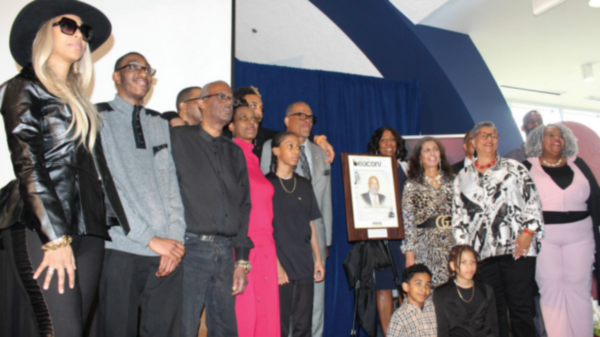

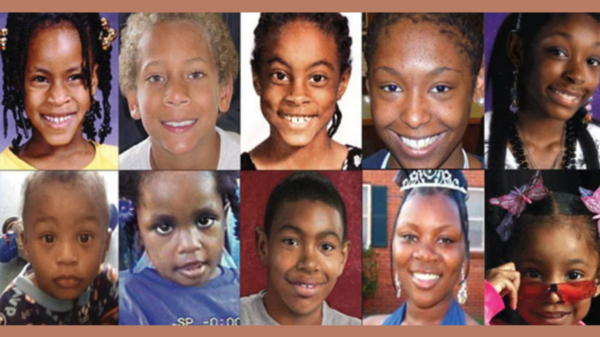
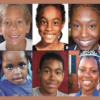
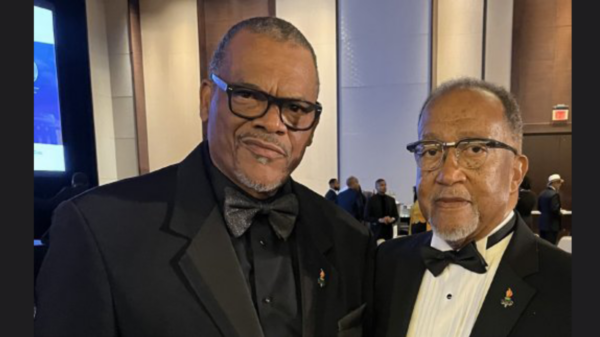
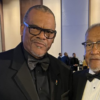
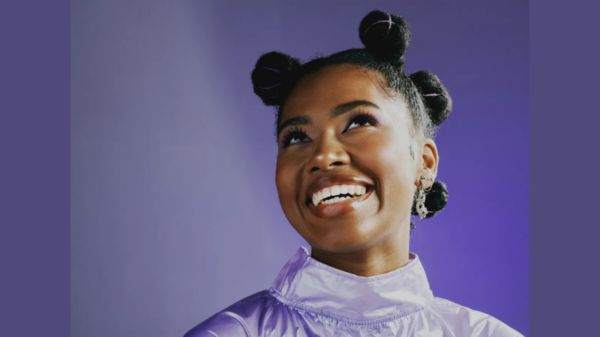

You must be logged in to post a comment Login